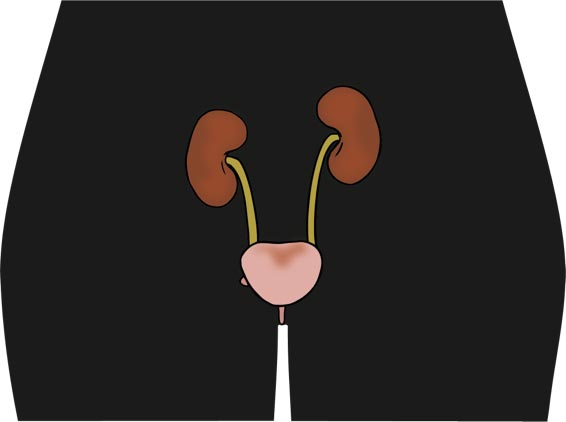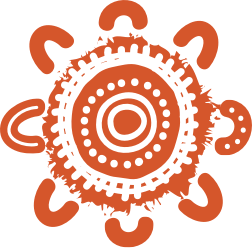There are a number of symptoms you should look out for, including:
- blood in the urine
- needing to pee more often
- feeling like you need to pee straight away, or urgently
- feeling like it hurts to pee or unable to pee when you feel the urge
- having pain in the belly area or lower back.
It is important to remember that blood in the urine should never be ignored.
Having these symptoms may not mean you have cancer, but it is important to check. If you have any of these problems, or are worried about something else, yarn with your doctor, nurse or Aboriginal and/or Torres Strait Islander health worker.






